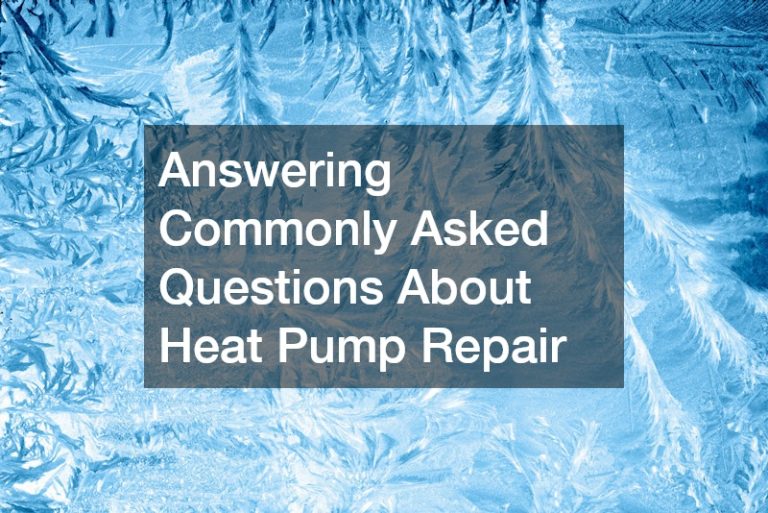
The term water damage is enough to strike dear into the heart of many homeowners. That’s why it’s important to do all that you can to make sure that your home isn’t at risk of water damage at any point. If you’ve already suffered water damage in a closet or elsewhere in your home, this is your chance to ensure it doesn’t happen again.
Look for flood restoration services that are known to do good remodeling after water damage. Once you get a water damage report from them, find out what preventative measures you can put in place for the future. These may cost you a tidy sum in total, but it will be money well spent as you’ll lower your risk of undergoing a similar issue in the future.
You can look for a water damage restoration invoice sample online to see what one looks like. This could prepare you for what to expect from the professionals you hire. Remember that it’s good to hire an experienced person who’s handled a situation like yours before. This will help ensure that they do a good job the first time. As such, you’ll save time and money since you may not have to redo the process in a short time
If you have a basement, you probably either use it for extra storage (it’s like a Christmas wonderland all year round!) or you have it finished off to use as an extension of your house. Either way, there are some pretty important things down there and the worst feeling in the world is clomping down the stairs and stepping into a pool of water.

Even for an unfinished basement, the average cost to fix basement water damage in the U.S. ranges from $3,000-$5,000. At that price, basement waterproofing is more of a necessity than anything else. Sometimes you can fix basement flooding yourself and sometimes you need to call in an expert; but until you know what’s causing the flooding, this can be hard to figure out. Here are just a few things that could be causing significant water damage in your basement:
- The springtime rainy season. No, it’s not exactly a monsoon, but certain areas are prone to more rain during spring months and not all basements can handle it. Unless you can change the weather, you’ll probably want to enlist the help of basement waterproofing specialists to protect your basement from any (more) storm water damage.
- Erosion. Erosion from wind and water can occur anywhere — agricultural or urban landscapes, open fields or dense forests… it doesn’t matter. The weather will do what it wants to do. There are different types of erosion control that can be applied to any environment to make sure that there’s still something on the ground to soak up extra water (and by “something,” we don’t mean “your basement couch”).
- A broken sump pump. Testing and checking your sump pump regularly is an easy way to avoid water damage and a faulty sump pump may be the cause of your basement flooding if you haven’t experienced any other environmental factors.
Basement flooding can be a serious problem and can even cause home structural failure if it gets out of hand. If you aren’t the original homeowner, water damage could even affecting your house without your knowledge. Basement waterproofing is one of the most important preventative measures you can take to make sure that your house stays safe.
See this link for more references.



